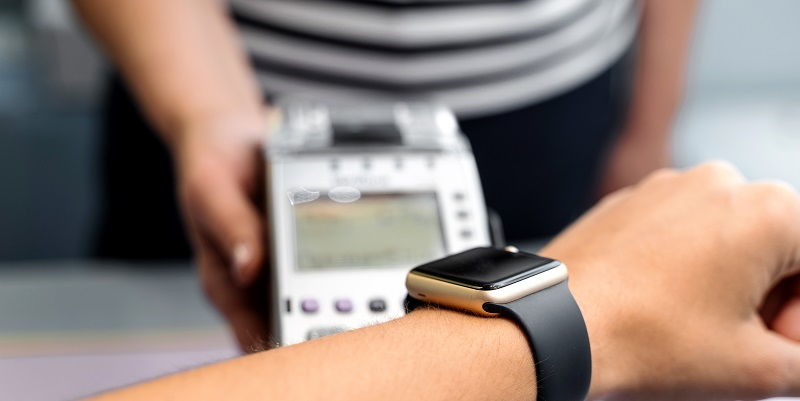In today’s world, contactless payments have emerged as a convenient and secure alternative to traditional cash transactions. As the use of contactless payments continues to grow rapidly, Mastercard stands at the forefront of this evolution, playing a pivotal role in shaping the future of payments. This article aims to delve into the significance of Mastercard’s developments, highlighting its impact on contactless payments and the strides it has made in this dynamic field.
The significance of Mastercard in the field
Contactless payments have seen a remarkable surge in popularity in recent years. Advancements in technology have paved the way for a seamless and efficient payment experience. Mastercard has been quick to recognize the shift towards contactless payments and has positioned itself as a driving force behind this industry-wide transformation.
Mastercard’s role in revolutionizing payments: Mastercard has continuously innovated and adapted its payment infrastructure to cater to the growing demand for contactless payments. By leveraging its extensive global network and expertise, Mastercard has become an influential player in shaping the future of payments.
Mastercard’s Impact on Contactless Payments
Mastercard’s efforts to promote contactless payments have been instrumental in driving their acceptance across various industries and merchants worldwide. Through partnerships and collaborations, Mastercard has successfully expanded the acceptance of contactless payments, enabling consumers to enjoy the convenience and security they offer.
Recognizing the shifting landscape of payment preferences, Mastercard has been at the forefront of integrating with popular digital wallet platforms such as Apple Pay, Google Pay, and Samsung Pay. By allowing users to link their Mastercard cards to these digital wallets, Mastercard has simplified mobile payments, providing a secure and user-friendly experience.
Secure and Simple Mobile Payments
Mastercard’s collaboration with leading digital wallets ensures that users can effortlessly make payments using their mobile devices. This integration allows for the storage of card information within the digital wallet, adding an extra layer of security while enabling quick and convenient payments.
Acknowledging the need for enhanced security measures in contactless payments, Mastercard has proactively introduced biometric identification technologies. Features like fingerprint and face recognition provide an additional level of authentication, safeguarding transactions and promoting user trust.
Mastercard’s Contribution to the Tap-and-Go Trend
Mastercard’s tap-and-go cards have become a ubiquitous presence at checkout counters around the world. Their contactless capabilities allow users to make payments swiftly by simply tapping their cards on a reader. This convenience has not only expedited transaction times but also contributed to the wider acceptance and adoption of contactless payments.
Standardization of Contactless Payment Technology
Mastercard has been instrumental in establishing and maintaining standards for contactless payment technology. By ensuring compatibility across regions and payment systems, Mastercard has enabled a seamless operational experience for consumers, regardless of their location or the payment method they choose.
Dedication to Offering an Exceptional User Experience
Mastercard’s dedication to providing an exceptional user experience is evident through its unwavering commitment to innovation. The company continuously seeks to improve and enhance its offerings, ensuring that consumers benefit from the latest advancements in payment technology.
As we navigate an increasingly digital and contactless payment landscape, Mastercard’s influence on the future of contactless payments is undeniable. By spearheading the acceptance of contactless payments, integrating with popular digital wallets, deploying biometric identification technologies, and standardizing the operational experience, Mastercard has revolutionized the way we transact. With their dedication to offering an exceptional user experience and commitment to innovation, Mastercard is undoubtedly shaping the future of contactless payments, transforming the way we pay, and ensuring a seamless and secure transaction ecosystem for all.

